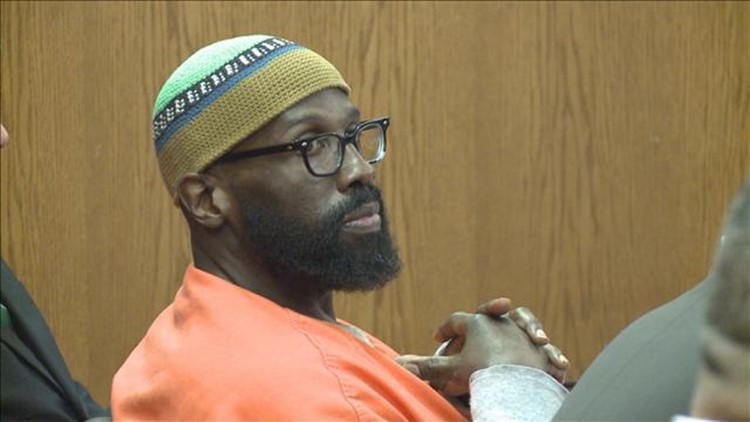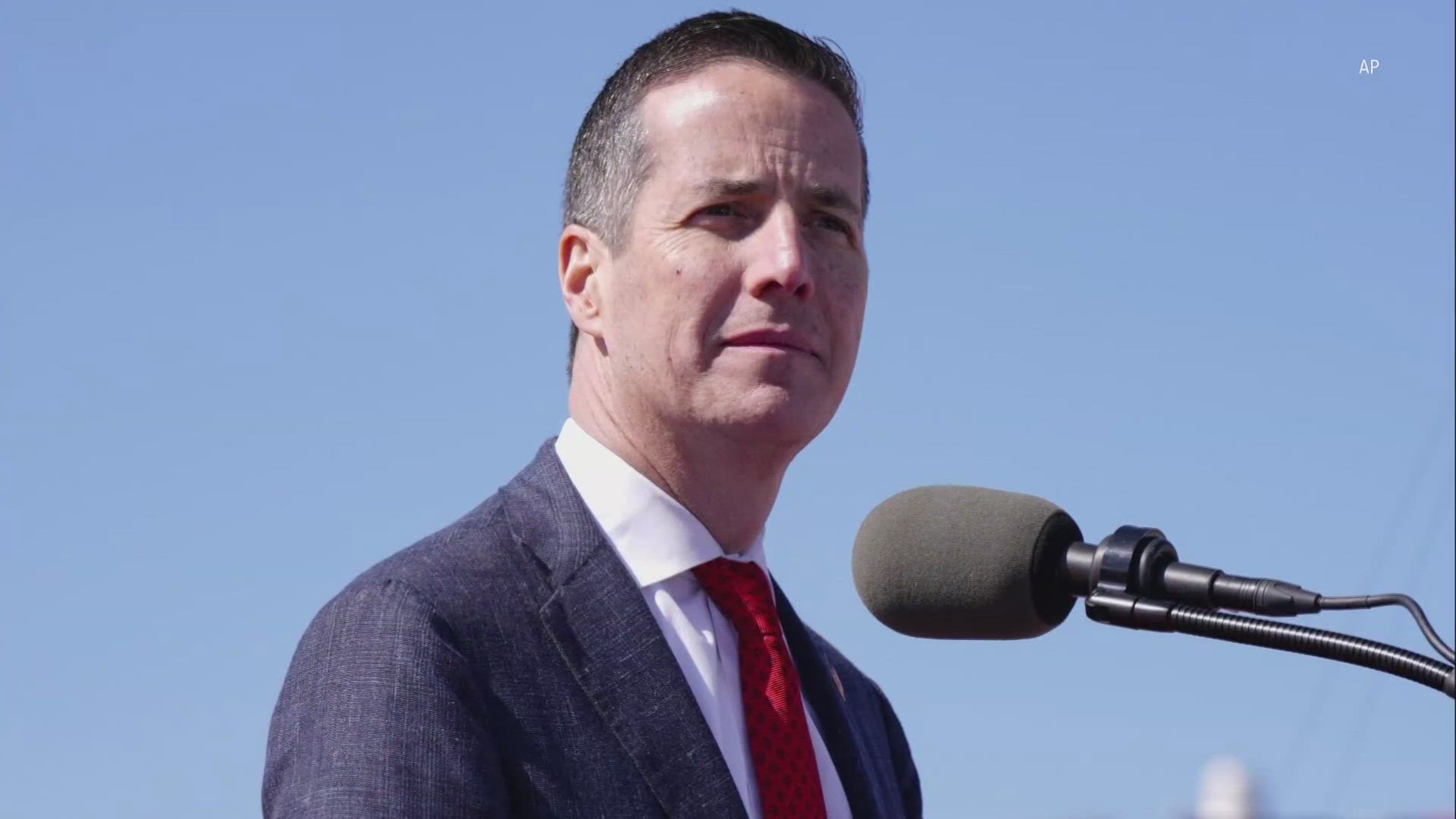COLUMBUS, Ohio — Ohio Gov. Mike DeWine has postponed the last execution that was scheduled for this year, pushing the October date for Quisi Bryan, convicted of killing a Cleveland police officer, to early in 2026.
The move once again called into question the functionality of capital punishment in the state. With an unofficial moratorium in place, a veteran defense attorney recently argued there's no point in holding a death penalty trial for his client, accused in the 2016 massacre of a southern Ohio family.
“Why should we have to go through a death penalty trial when Ohio doesn’t have the death penalty?” attorney John Parker said June 21 at a hearing for George Wagner IV, charged in the killing of eight members of the Rhoden family.
Pike County Judge Randy Deering has yet to rule on Parker's motion, filed formally June 7. Responding to a different motion last year, Deering rejected a request to have aggravated murder charges against Wagner dismissed, which would have removed the possibility of the death penalty.
DeWine's decision Friday to postpose Bryan's execution was one of several reprieves the governor has issued in recent years as the state struggles to find an adequate supply of drugs for lethal injection.
DeWine, a Republican, has attributed the need for the reprieves to the state’s ongoing inability to obtain drugs from pharmaceutical companies. DeWine has said he is concerned that drug companies — which oppose the use of their drugs in executions — could pull pharmaceuticals from state hospitals to punish Ohio if it did secure their drugs and use them for lethal injection.
Currently, 11 men are scheduled for execution next year. But it's likely that, should DeWine be reelected, those would also be postponed.
Bryan was sentenced to death for shooting Cleveland officer Wayne Leon in 2000 after the officer stopped Bryan for a traffic violation.
The state’s last execution was July 18, 2018, when Ohio put to death Robert Van Hook for killing a man he met in a bar in Cincinnati in 1985.



